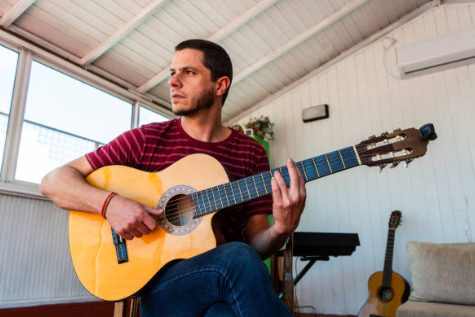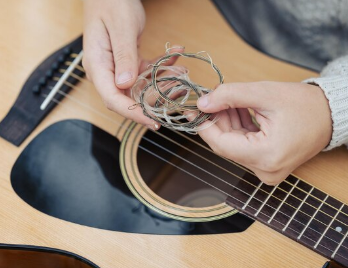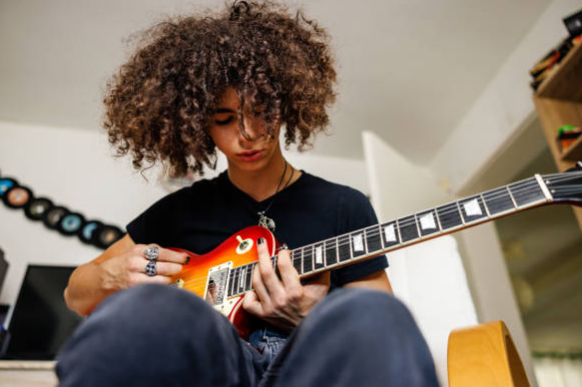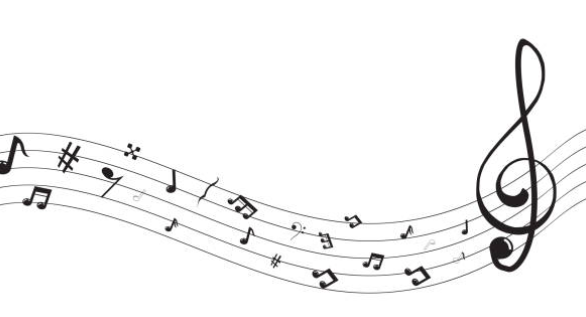How To Develop a Guitar Practice Routine That Gets Amazing Results
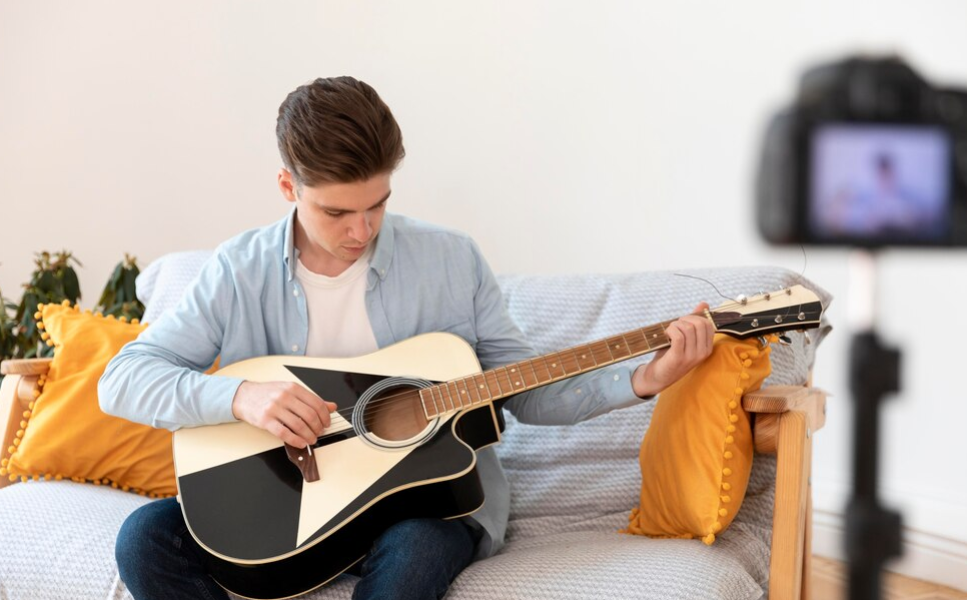
As a guitarist, whether you’re just starting out or refining your skills, creating a practice routine is essential to getting better and enjoying the process. But let’s be real—sticking to a routine can sometimes feel like a chore. The good news is, it doesn’t have to! By setting up a balanced, fun, and strategic practice schedule, you can start seeing real progress without burning out.
In this blog, I’ll share actionable tips on how to build an effective practice routine that not only brings results but keeps you excited about learning.
1. Set Clear Goals for Each Session
Before you even pick up your guitar (or any instrument), you need to have a clear goal in mind for each practice session. Whether it’s learning a new song, mastering a scale, or improving your timing, setting specific objectives helps you focus and track your progress.
Actionable Tip: Write down your short-term and long-term goals. Each practice session should be aligned with these, and at the end of the week, reflect on how much closer you are to hitting them. Start small: Maybe you want to nail down the A minor scale today, and by the end of the week, you’ll have memorized it across different positions.
2. Break it into Time Blocks
Long, unstructured practice sessions can lead to fatigue and frustration. Instead, break your practice into smaller, focused time blocks for each skill you’re working on. This not only prevents boredom but keeps your brain engaged.
Actionable Tip: Try the “Pomodoro Technique” practice in 25-minute increments with a 5-minute break. For example:
- Warm-Up (5 minutes): Finger exercises or light strumming
- Skill Focus (20 minutes): Scales, chord changes, or new techniques
- Song Practice (20 minutes): Work on a song or melody you enjoy
- Wrap-Up (5 minutes): End with something fun and familiar
3. Include Warm-Ups and Cool-Downs
Warm-ups are vital for loosening your muscles and improving dexterity. It also helps prevent injury, especially if you’re practicing stringed instruments like the guitar, where finger flexibility is key.
Actionable Tip: Dedicate 5–10 minutes at the start of each session to finger stretches and slow scale runs. Similarly, wrap up with slower, relaxing exercises to cool down. This makes the transition between practice and relaxation smoother, leaving you less tense.
4. Mix in Fun Activities
If your practice is all about drills and exercises, you’ll burn out fast. Balance structured learning with some fun! Play a favorite song or try improvising to a backing track. The goal is to remind yourself why you love music.
Actionable Tip: Create a reward system. After spending time on a tricky skill or technique, reward yourself with 10 minutes of free play where you jam to your favorite song or experiment with new chords.
5. Track Your Progress
Progress tracking is one of the most motivating aspects of practicing. Whether you’re nailing a new technique, memorizing chords, or playing faster, being able to “see” how far you’ve come can boost your confidence and enthusiasm.
Actionable Tip: Keep a “practice journal”. Jot down what you worked on, what went well, and what needs improvement. Include small wins, like “perfected D major chord transition” or “played through a full song without stopping.” Recording your achievements will keep you motivated.
6. Vary Your Practice Routine
Doing the same thing every day can quickly become dull. Keep things fresh by rotating the focus of your practice sessions. One day you might focus on scales, the next day on rhythm, and another day on learning a new song.
Actionable Tip: Create a weekly schedule where each day has a different theme. For example:
- Monday: Technique day (scales, finger exercises)
- Tuesday: Song practice
- Wednesday: Rhythm and timing (practice with a metronome)
- Thursday: Ear training
- Friday: Creative play (writing or improvising)
This way, you’re touching on all essential areas without feeling overwhelmed.
7. Use a Metronome
If you want to build a solid sense of timing and rhythm, incorporating a metronome into your practice is crucial. It might be tricky at first, but once you get the hang of it, you’ll notice a huge improvement in your playing accuracy.
Actionable Tip: Set the metronome to a slow tempo when learning new techniques or songs. Gradually increase the tempo as you gain confidence. This will help you play cleanly and confidently at any speed.
8. Take Breaks and Stay Consistent
Overloading yourself can lead to burnout. Instead of practicing for hours on one day and then skipping the next, aim for consistency. Short, daily practice sessions are more effective than long, sporadic ones.
Actionable Tip: Stick to a practice schedule that fits your lifestyle. If you only have 20 minutes a day, that’s perfectly fine—what matters is that you show up regularly. Use time wisely by focusing on quality over quantity.
9. Practice Mindfully
Mindless practice leads to slow progress. Instead of just going through the motions, practice with intention. Pay attention to how your fingers move, the sound you’re producing, and areas that need improvement.
Actionable Tip: During each practice session, take a moment to reflect on what’s working and what’s not. Don’t rush through your routine—if something feels off, slow down and correct it before moving on.
10. Enjoy the Journey
Remember, learning an instrument is a marathon, not a sprint. Don’t get discouraged if progress seems slow at times. Focus on the joy of playing and the improvements, no matter how small.
Actionable Tip: Celebrate small victories. Maybe you’ve just learned a tricky chord, or you can finally play through a song without mistakes. Take pride in those accomplishments and let them fuel your motivation.
Developing a practice routine that gets results doesn’t have to be a rigid, stressful process. By setting clear goals, staying consistent, incorporating fun into your sessions, and practicing mindfully, you’ll start seeing real progress. More importantly, you’ll enjoy the journey of becoming a better musician.
Remember: it’s not about how long you practice, but how you practice. Stick with it, and the results will follow!
Interested in taking your guitar skills to the next level? Click the below and book a free lesson with us! We’re committed to helping you express yourself freely on the guitar without endless scales and theory. Happy playing!
Author: Daniel Powers Jr, the founder of Real Brave™, serves as the chief inspiration to thousands of students in the Real Brave music instruction program. He’s also the visionary behind PracticePad™, an online platform for live one-on-one online music lessons, lesson tracking, and scheduling. Beyond his entrepreneurial pursuits, Daniel leads a non-profit organization that provides formerly homeless children with access to music education, making a profound impact on their lives. His unwavering dedication to music, innovation, and education continues to inspire individuals to reach their fullest potential while creating positive change in communities. Follow Real Brave on all the socials:
Find us on Instagram: https://www.instagram.com/realbraveaudio/
Find us on Youtube: https://www.youtube.com/@realbraveinc

